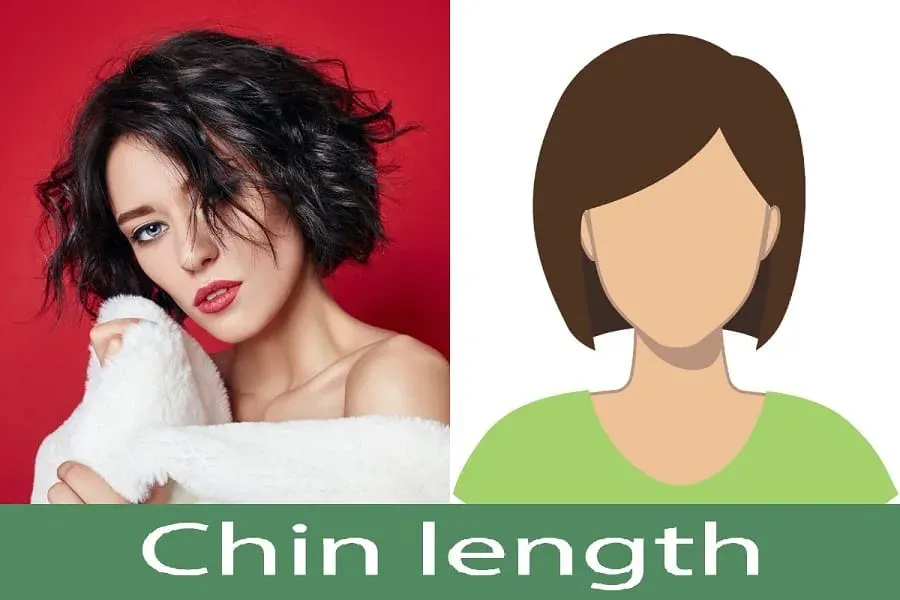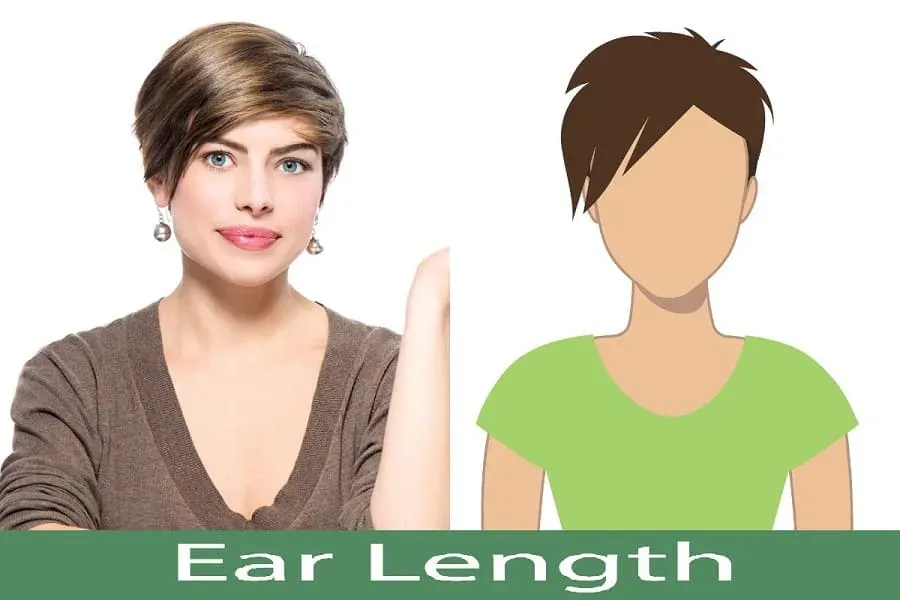19 Inch Weave: A Guide to This Popular Hairstyle
19 Inch Weave: A Guide to This Popular Hairstyle
19 Inch Weave: A Guide to This Popular Hairstyle
Crochet Hat Pattern
Note: Stitch counts for bigger sizes are given in brackets in the order Toddler(Child, Adult Small, Adult Large).
Hatband Ribbing
With a K(6.5mm) hook, chain 6(6, 8, 8).
Row 1: Sl st in 2nd ch from hook and each ch across to end, turn.——5 (5, 7, 7)sls sts
Row 2: Ch 1, 1 sl in the BLO of the same st as ch 1, 1 sl st in BLO of the remaining 4 (4, 6, 6)sts, turn.——5 (5, 7, 7)sl sts
Do not stop when you can see a full braid pattern
Stop your ribbing when you have 1 extra row after the braid
Joining the Two Sides of the Hatband
On the foundation ch side, insert your hook close to the braid while sl stitching the ends of the band together
Note: When inserting your hook into the foundation chain side, insert the hook a little deeper, closer to the first ridge or braid, and not at the very edge (see pic above). This will give a seamless band once you turn it inside out.
Take your hook out of the loop, bring the two shorter ends of the band together making sure the extra row after the braid is visible outside. Insert your hook through the foundation chain side, grab the loop on the other side and start sl stitching through both the layers by inserting your hook through the foundation chain side and the BLO of the last row of sl sts.
Turn your hatband inside out to hide the seam. Pass your skein through the hatband to bring it to the other side. You are now ready to start the crown.
Finishing the Hat
1. You will now have a small hole at the top of your hat. Thread the yarn tail at the top through a tapestry needle, turn the hat inside out, go in and out through the sts at the top, pull and cinch the top shut. Knot and securely weave in the remaining tail left.
2. Weave in the beginning tail inside the hat too.
3. Attach the fur pom pom to the top for embellishment.
FAQs
Here are the most frequently asked questions regarding hair length
How can I choose the most suitable hair length?Different haircuts suit different people, depending on the following:
● Hair texture: Not all hairstyles suit every hair texture. For example, a beautiful feathered haircut looks great on slightly wavy hair and not on curly hair. To play it safe and avoid disappointment, seek professional advice, or wear a wig before you cut your hair.
● Facial shape: Your face shape and structure plays a significant part in your overall look. Some hairstyles on a round face look great, while others look more flattering on heart-shaped faces. If you are a woman with an oval face, you can get an easier time choosing haircut because most hair lengths and textures will look good on you.
It depends on your situation. For example, if you’re trying to grow your hair but want to keep it healthy with regular trims, you’ll need to trim it every 3 to 4 months.
If, on the other hand, you just got a fresh new haircut you love and want to keep that length, then you should get a haircut every six to eight weeks.
Why? On average, hair grows by 1cm every four weeks, meaning within three to four months, your hair will be about 4 inches longer, and trimming it will leave 2cm to 3cm of hair that’s grown since your last haircut.
Similarly, within six to eight weeks, your hair grows by 1.5cm to 2cm. This new growth may seem insignificant, but if you intend to maintain your new haircut’s length, you’ll need to get your hair cut.
Is there a way to grow hair faster?Some over-the-counter supplements make hair grow much faster and are available in drugstores. They’re not overnight fixes, but Viviscal, for example, is tried and tested as a safe supplement that helps trigger hair growth.
Can I get rid of split ends without losing hair length?If you’re not ready to let your hairdresser cut your hair to fix split ends, the solution is dusting. Every 10 to 12 weeks, ask your stylist to trim only the split ends.
Many products claim to repair split ends, but most tend to be heavy, leaving your hair greasy. Rubbing a little leave-in cream over your split ends is your best option to hold your split ends temporarily.
Hair Length Chart
How do you achieve perfect-looking hair? By getting the texture, style, and color right. However, of equal significance is getting the length right.
Hair length is detailed, and it takes more than just the terms short, medium, and long to best describe it. To get the best outcome, you must know the exact hair length when getting a haircut or purchasing a weave or hair extensions.
That’s where a hair length chart comes in to help you best understand the differences in length and types.
The following are the primary uses of a hair length chart:
- Salons use hair length charts as guides when styling your hair for a perfect outcome. That way, if you want your hair at chin-length, then by using a hair length chart, your hairdresser can style your hair to that specific length.
- When purchasing hair extensions or weaves, a hair length chart will help you buy the right length for your hair type. It helps you avoid wasting time figuring out the right length. It also gives you an understanding of the different lengths according to different hair types, sparing you the agony of purchasing what you think is shoulder-length hair only for it to turn out to be shorter.
For example, long hair that’s teased or held up in a bun can add inches to your height, making you appear taller.



Tegs:
Search
Recent Posts
Subscribe to Updates
Get the latest posts and fashion insights directly in your inbox.